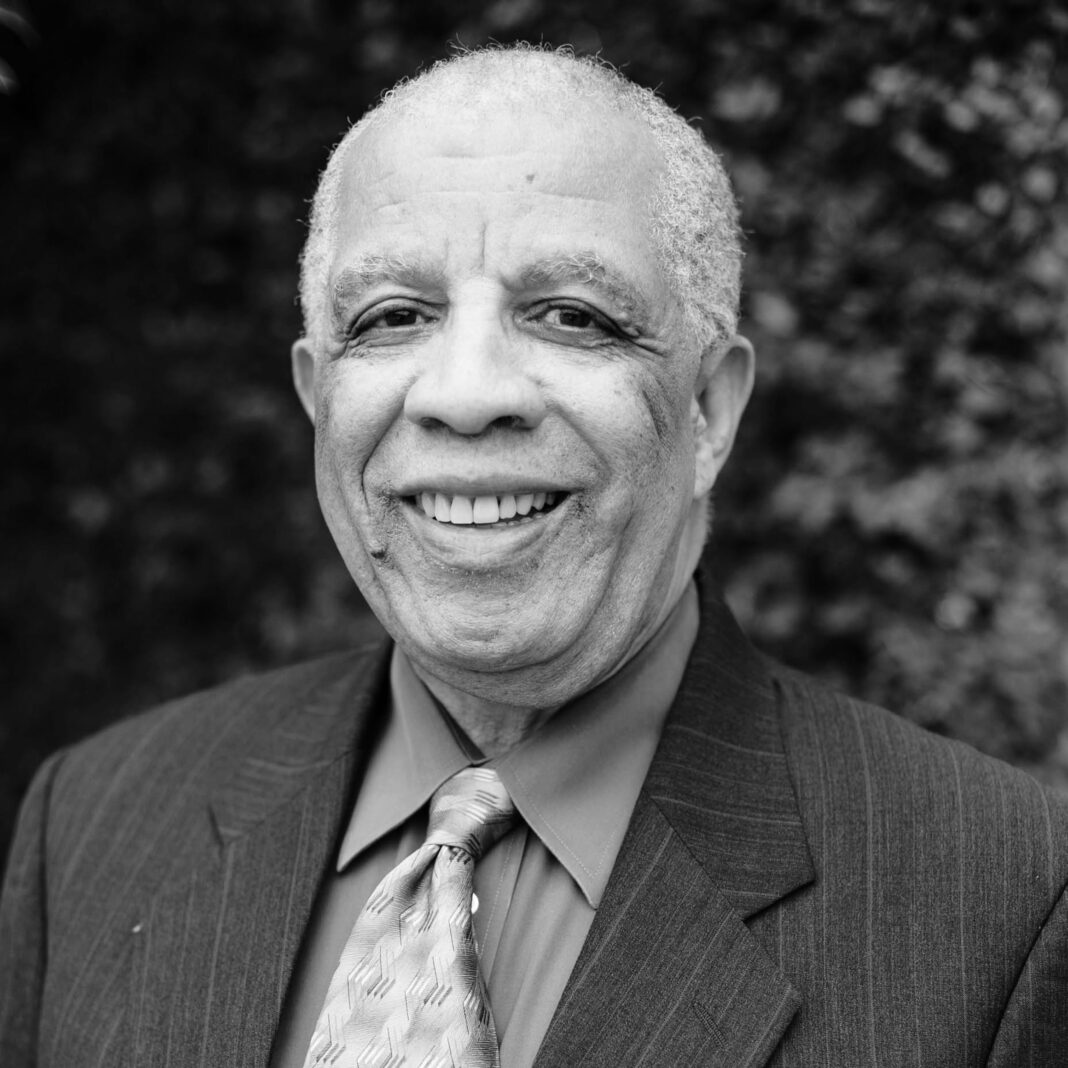With his opening statement, Dr. Douglas Posey addressed the audience in a voice filled with conviction. “The traditional education system, with its lectures, textbooks, and standardized tests, is failing our students in urban America, particularly those of color,” he declared. It was a bold opening statement that set the stage for a groundbreaking proposal – a novel curriculum to break the chain of tradition.
Dr. Posey, a board-certified forensic pathologist with over 40 years of experience, unveiled his vision for a transformative approach: crime-based education. The traditional system, he argued, leads urban students down a perilous path, from overcrowded and underfunded classrooms to juvenile incarceration, an inefficient and costly system. The statistics he presented were stark, revealing a dangerous and obsolete model that demanded a radical shift.
“The average cost for the secure incarceration of a single juvenile is $588 per day or $214,000 per juvenile per year,” Dr. Posey stated, laying bare the financial burden of a failing system. However, rather than merely decrying the flaws, he presented a solution – a curriculum designed to engage, captivate, and redirect the trajectory of at-risk youth.
As Dr. Posey described it, the crime-based education curriculum stands out for several key reasons. “It engages the students and captures their attention,” he emphasized. The real-world experiences and exposure to diverse career opportunities make learning holistic. The hands-on experiences, integral to the curriculum, maintain students’ focus, leading to a grasp of 21st-century knowledge crucial for their success.
“Collecting and analyzing data leads to critical thinking and problem-solving, enhancing long-term memory,” Dr. Posey explained, underlining the cognitive benefits of this innovative approach. His impassioned plea resonated with the room as he spoke, drawing on his experience as an educator and a compassionate advocate for change.
Dr. Posey’s proposal extends beyond theory. He and his team are ready to implement this novel curriculum, taking the fight to the forefront by engaging judicial officials. They plan to propose crime-based education as an alternative for first-time, nonviolent, non-sexual offenders. Instead of incarceration, these individuals would complete the curriculum and, upon graduation, receive diplomas rather than criminal records.
“It’s a matter of getting these students off the streets, putting them back into the classroom, educating them, and guiding them to become assets rather than liabilities to their community,” Dr. Posey passionately asserted. The proposal is not just an academic experiment; it’s a tangible plan to break the chains that bind young individuals to a life of crime and incarceration.
As Dr. Posey concluded his presentation, he extended a rallying cry to the audience: “Together, we can break the chains of the traditional education system. Come, stand with us, and invest in education capable of breaking the chains of incarceration.” His words lingered in the air, leaving the room with a sense of urgency and a shared responsibility to transform the lives of those who had fallen through the cracks of the current educational system.
Dr. Douglas Posey’s vision is not just about disrupting the status quo; it’s about giving hope and opportunity to those who have been overlooked and underserved. His crime-based education curriculum is not just an idea; it’s a call to action, a chance to reshape the future for a generation that deserves a fair shot at success.








